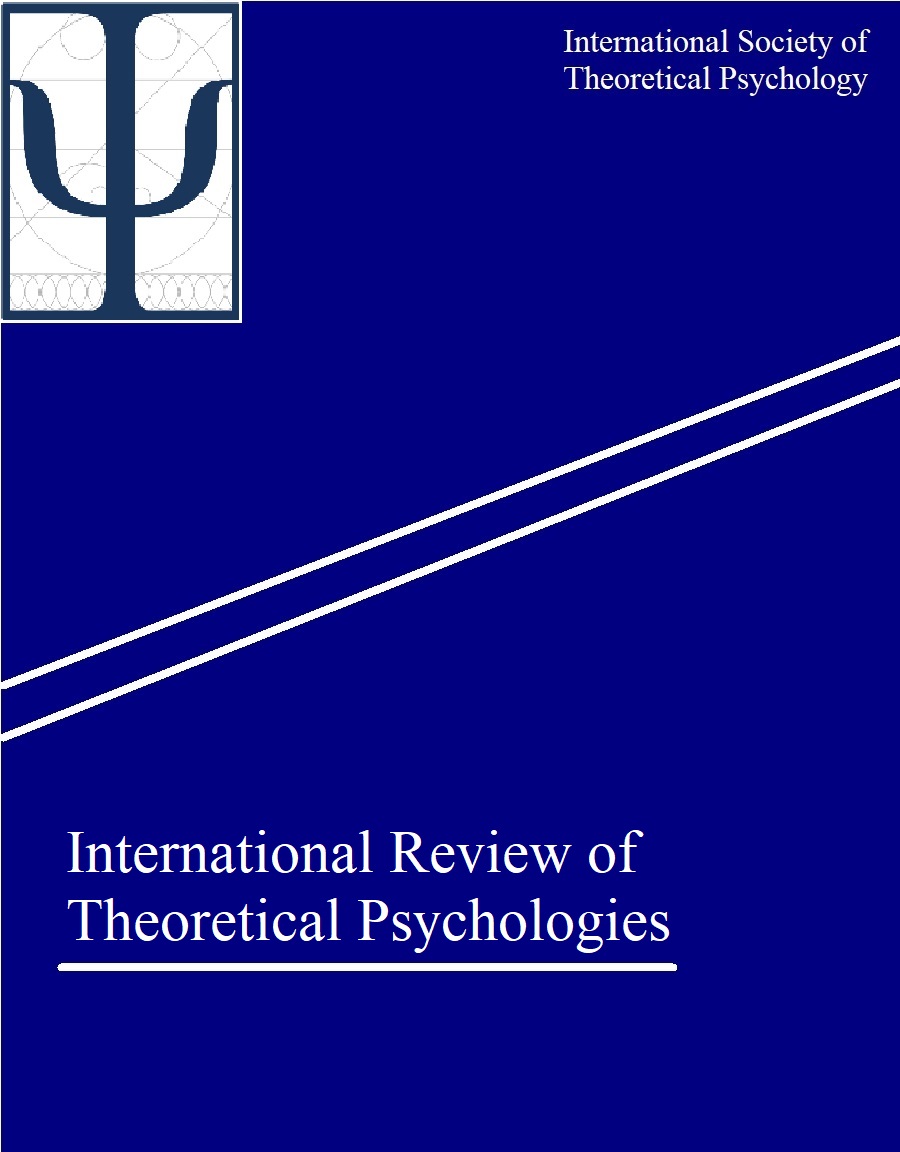Unmeasuring ourselves'
Deleuze’s contributions for a psychology to come
DOI:
https://doi.org/10.7146/irtp.v1i2.127762Keywords:
Deleuze, Critical Psychology, Stupidity, Difference, EmpiricismAbstract
This paper aims to introduce key Deleuzian concepts as they engage with the discipline of psychology. This will be done through an exploration of his work, in particular the two volumes of Capitalism and Schizophrenia co-written with Felix Guattari. As with Deleuze’s project itself, the paper has a critical element and a constructive one. Critically, it identifies the concerns that Deleuze alerts us in relation to the three main traditions within psychology (behaviourism, psychoanalysis and phenomenology) and provocatively introduces the notion of stupidity to signal the ways in which psychology has lost its intellectual horizon, by putting itself at the service of State and religious norms through a number of assumptions that are taken for granted, assumptions that constitute the silent and insidious common and good sense that holds the so called ‘rational project’ glued
together in modern science.
The second, more constructive, part aims to introduce key elements in Deleuze’s project as a way
to engage with the possibilities that Deleuze brings to the discipline. The elements considered
include a shift from an emphasis on epistemology to metaphysics, the centrality of difference (and
variation) instead of identity (and stability), a shift to a relational type of knowledge rather than one
that is representational and the articulation of the tensions between history and processes of
emergence (becomings). Ultimately, the Deleuzian provocation to the discipline is to engage with a
psychology to come through the articulation of a renewed and radical empiricism.
Downloads
Published
How to Cite
Issue
Section
License
Copyright (c) 2021 Maria Nichterlein

This work is licensed under a Creative Commons Attribution-NonCommercial-ShareAlike 4.0 International License.
IRTP operates based on a non-exclusive publishing agreement, according to which the journal retains the right of first publication, but authors are free to subsequently publish their work. The copyright of all work rests with the author(s).
All content published in IRTP is licensed under a Creative Commons Attribution-NonCommercial-ShareAlike 4.0 International license (CC BY-NC-SA 4.0). This license allows authors and readers to share and adapt content for non-commercial purposes, provided that they abide by the following terms:
- Give credit to the original author(s)/creator(s) and attribution parties (i.e., IRTP);
- Provide a link to the original source, to the extent practicable;
- Include the copyright notice and/or indicate the corresponding Creative Commons license;
- Indicate what, if any, adaptations were made to the original; and
- Share adapted content under the same license as the original.
Authors are encouraged to familiarize themselves with the various Creative Commons licenses. Readers are advised to consult the licensing information embedded in each published work to ensure that they are familiar with the terms of use that apply.





